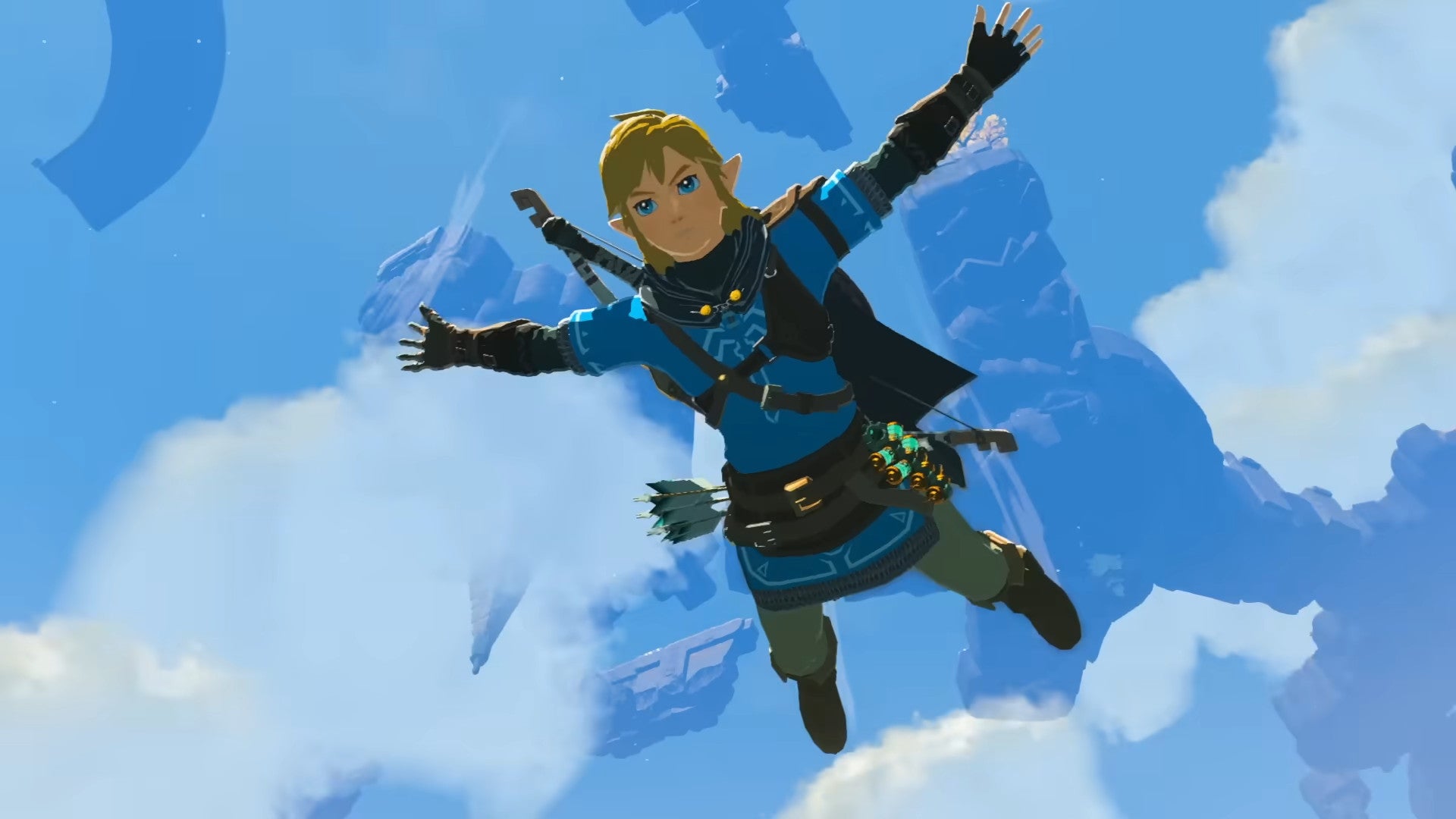Just before the doors opened on E3 2016, years before Zelda: Tears of the Kingdom was ever dreamt up, I was sitting in a room with a few media types. They were debating at length Nintendo’s decision to show up in LA with nothing but The Legend of Zelda: Breath of the Wild.
“It’s supreme arrogance, bordering on stupidity,” I vividly recall one prominent writer saying. Few disagreed.
This was a different time. Nintendo’s Wii U console had been a catastrophic failure and the 3DS was showing its age. The company had announced it was working on a new machine, codenamed NX, but it was nowhere to be seen (it would be revealed four months later).
There was no shortage of criticism aimed at Nintendo’s business decisions in 2016. Nevertheless, at that E3, with just a single game, Nintendo stole the show. The excitement around Breath of the Wild was such that on the final day of the show, a stampede of fans rushed Nintendo’s booth in a bid to get in before the queue closed.
It felt like a moment. And what followed was the resurgence of Nintendo, led by a Zelda game that would transform the series from being one of industry’s most cherished, into one of its biggest.
The Legend of Zelda has always been an important series. People buy Nintendo machines for Zelda, and there’s a lucrative business around Zelda toys, statues, soundtracks and even concerts. Yet when it comes to cold hard numbers, it’s notoriously inconsistent.
